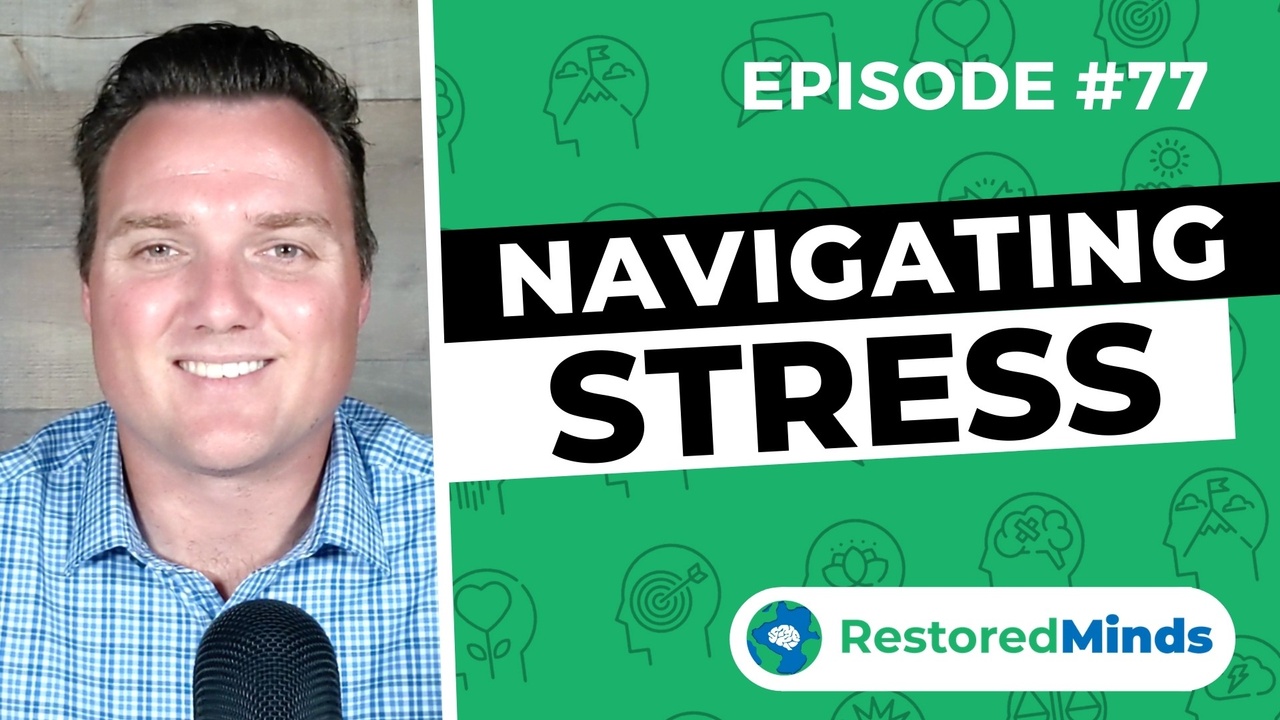Navigating Stress
Mar 12, 2021
Navigating Stress: Insights from "Why Zebras Don't Get Ulcers" by Robert M. Sapolsky
Life's Inevitable Challenges
Everyone faces life's hurdles, which brings about stress. These challenges test our body's natural stress response. This response, although intended to help us navigate these challenges, can be thrown into overdrive by our mental state, worsening the situation.
For instance, if you encounter a traumatic event, you might experience post-traumatic stress disorder (PTSD). In PTSD, the mind continually replays the traumatic event, causing the body to relive the stress repeatedly. This highlights the incredible yet sometimes detrimental power of the mind in stress creation.
Tips for Navigating Stress
Given that stress can both arise from and be amplified by our thoughts, it’s crucial to develop strategies to manage it effectively. Here’s a two-step guide to help you navigate stress better:
1. Handle What's Happening Right Now
One of the most effective ways to manage stress is to bring yourself to the present moment. Often, our minds race ahead to deal with multiple future scenarios, which may never occur. This mental time-traveling creates chaos and unnecessary stress. Hence, the first step is to focus on the immediate present.
-
Ask Yourself:
"Am I okay right now?"
-
This question helps you anchor in the present, breaking the cycle of worry about future events.
2. Recognize and Manage Your Thoughts
The second crucial aspect is becoming aware of when your mind is creating scenarios that don't exist. This kind of rumination only adds to your stress levels.
-
Awareness:
Note when you're ruminating. Realizing that you’re dwelling on something that doesn’t exist in the present is crucial.
-
Detachment:
Once you identify this pattern, come back to the present moment. Practice detaching from the voice in your mind.
The Practice of Presence
Like any skill, staying present and managing stress requires practice. You'll likely find yourself ruminating often initially. The key is not to be hard on yourself but to gently bring your focus back to the present each time you notice drifting into stressful thoughts about the future or past.
-
Daily Practice:
Make it a habit to check in with yourself throughout the day.
-
Consistency:
With consistent practice, this will become easier, and you’ll experience a reduction in stress.


